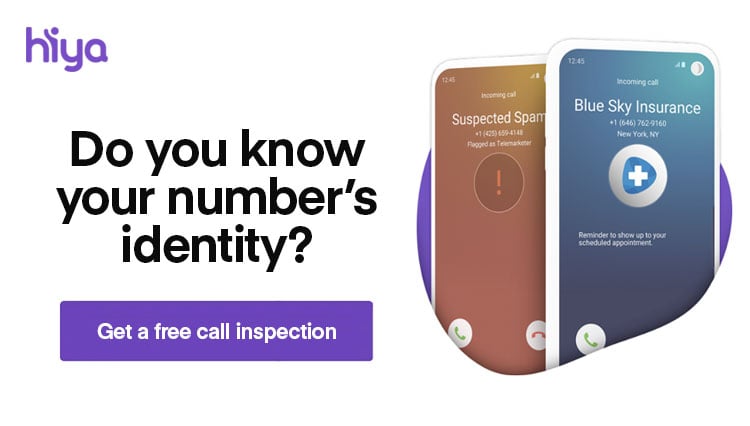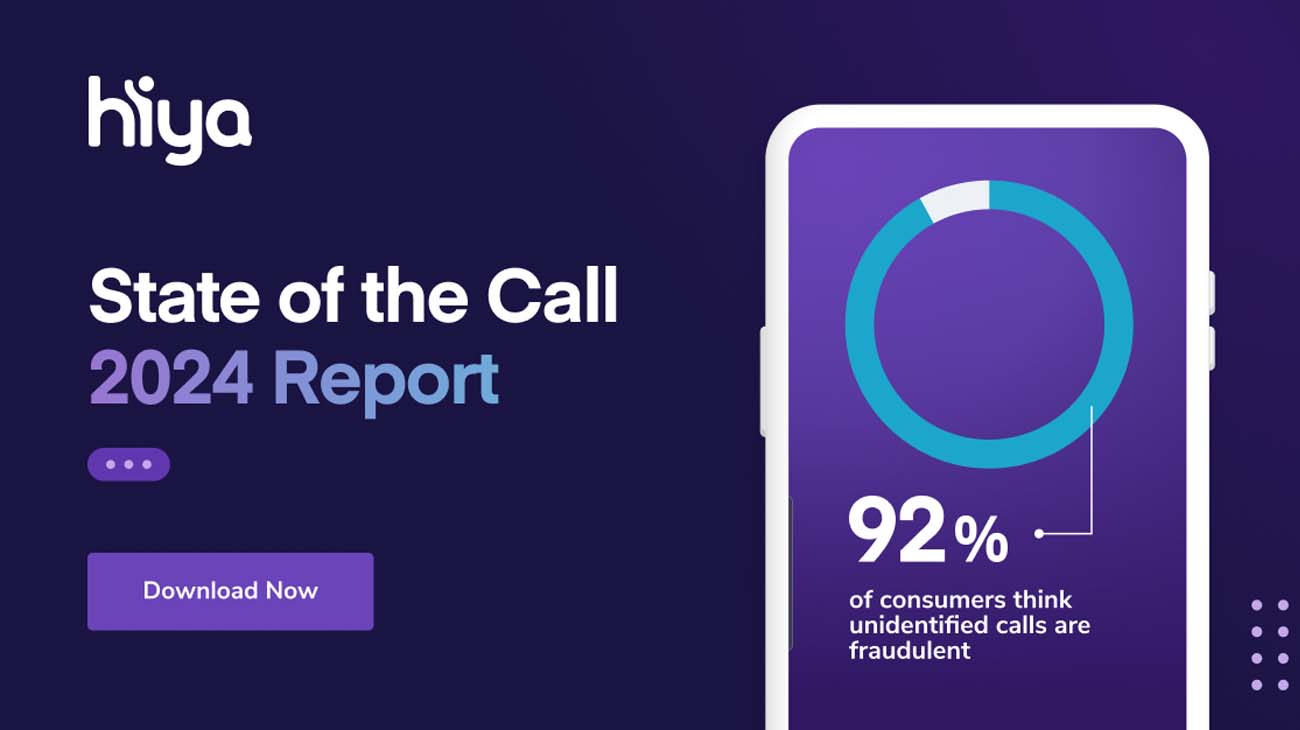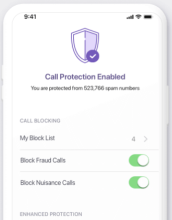In an age where healthcare costs are a constant concern, the promise of anything 'free' might sound too good to be true. Unfortunately, this is precisely the case for many senior citizens regarding offers of 'free' medical braces supposedly covered by Medicare. These deceptive schemes–like Medicare scams–not only prey on the vulnerable but also place an enormous financial burden on taxpayers.
How it works
The basis of these scams is alarmingly simple yet effective. Scammers masquerading as Medicare representatives or affiliates from medical warehouses cold call seniors offering free back or knee braces.
These calls are often persuasive, designed to extract personal information like Medicare numbers under the guise of healthcare support. The scammer offers the victim a free back or knee brace in exchange for personal information such as a Medicare number. Once they receive the information, the scammer can make Medicare claims under the patient’s name.
When the victim agrees to receive the so-called free back or knee brace, it may be accessible to them, but in reality, it costs Medicare and taxpayers thousands of dollars.
Why and how?
Scammers have figured out that Medicare will pay for back and knee braces since they have not reduced their reimbursement amounts for medical equipment.
That said, once the scammer gains access to the victim’s account, they will bill Medicare for the brace, which costs far less than they claim. Unfortunately, Medicare receives billions of claims annually and only reviews about three percent of them. The remainder are signed off and paid for.
“Medicare ends up getting charged for every item the person receives. Overall, Medicare fraud costs American taxpayers $60 billion every year. Taxpayers spent nearly $108 million on back braces between 2010 and 2016,” reports Medicare.
Aside from costing taxpayers, victims who receive the braces either receive more than they need or low-quality braces that won’t even last them the five years it would take Medicare to pay for a new one.
Repercussions: More Than Just Financial Loss
The repercussions for the victims extend beyond unwittingly aiding fraud. Many receive either an excess of braces or products of such poor quality that they hardly last a fraction of their intended lifespan. This results in physical discomfort and impedes their access to quality healthcare equipment when genuinely needed.
The effects of a scam like this extend even to businesses. One in three say an impersonated call made them suspicious of any calls from that business. This means that legitimate businesses, mimicked by scammers, suffer a significant loss of customer trust.
Tips on Mitigating Medicare fraud
To avoid falling victim to this scam, here are a few tips from Medicare:
-
Only answer the phone if it’s a caller that you know. (Be familiar with the top 10 spam area codes to avoid answering scam calls.)
-
If you do answer the phone and it’s a solicitor, hang up. If it’s a postcard or email, discard it.
-
Turn off or disregard TV ads offering free back or knee braces.
-
If you do talk to the solicitor, tell them you’re going to report them for Medicare fraud and you’d like to be removed from their list.
-
Never give out your Medicare card number, Social Security number, birth date, bank account info, or credit card number to an unknown party. This goes for over the phone, on email, or on social media.
-
Always double check your Medicare statement for errors.
-
Report instances of fraud to the U.S. Department of Health and Human Services and the Better Business Bureau’s Scam Tracker.
How to fight back against scam calls
With scams like the medicare knee brace scam becoming more prevalent, Hiya offers a variety of solutions to fight back. Individuals can check with their phone carrier to see if they offer spam/scam-blocking capabilities. If they do and spam and fraud calls are still getting through, download the Hiya App to take more control of your spam and fraud call protection.
Carriers can protect customers from phone scams by adding Hiya Protect, which blocks or labels spam and scam calls with high accuracy without blocking essential calls. Not only does it block or label known spam numbers, but Hiya Protect identifies spammers' patterns and blocks spam campaigns in their earliest stages.
Enterprises can also help their customers feel safe when answering the phone by adding Hiya Connect, which enables businesses to display their company name, logo, and reason for the call on the recipient’s mobile phone. Branded caller ID identifies who is calling so customers can trust who is on the other end when they answer.
According to Hiya’s State of the Call 2023, 87% of consumers think unidentified calls are fraud. Get through to more of your customers with call identity.
When evaluating branded caller ID solutions, there are a few questions you should ask. Get the full list and make the best decision for your organization by checking out our Branded Call Checklist and Buyer's Guide.












